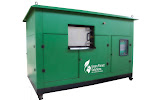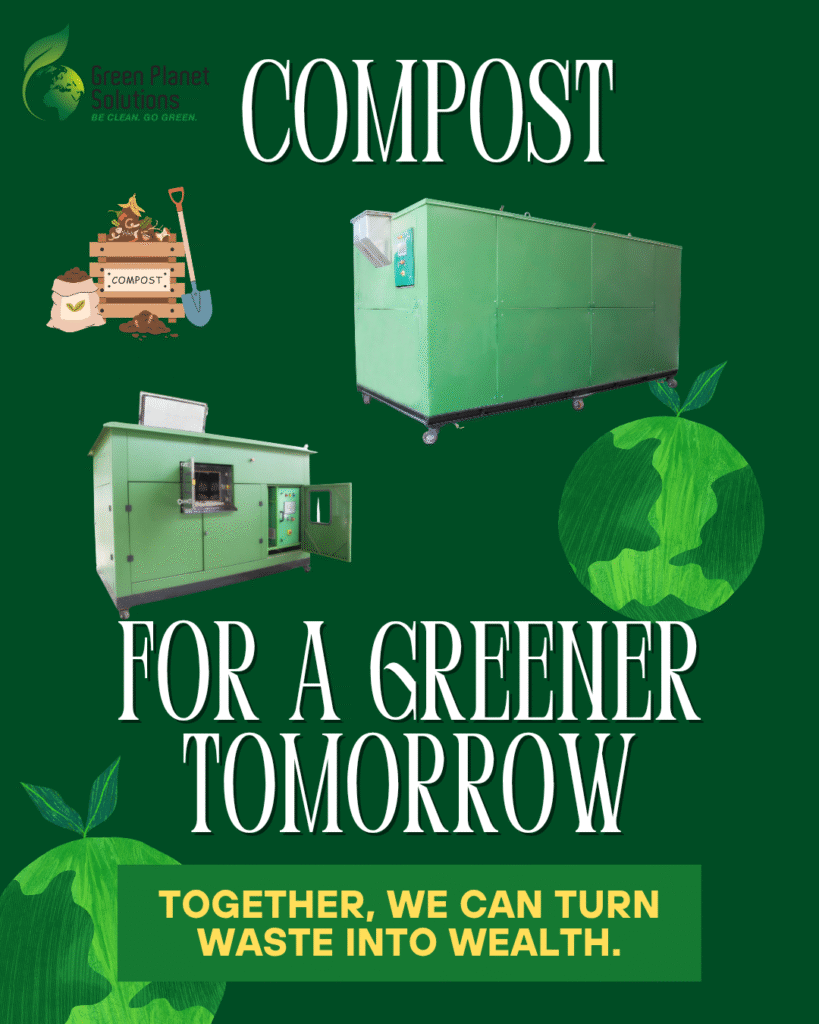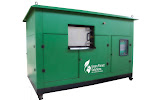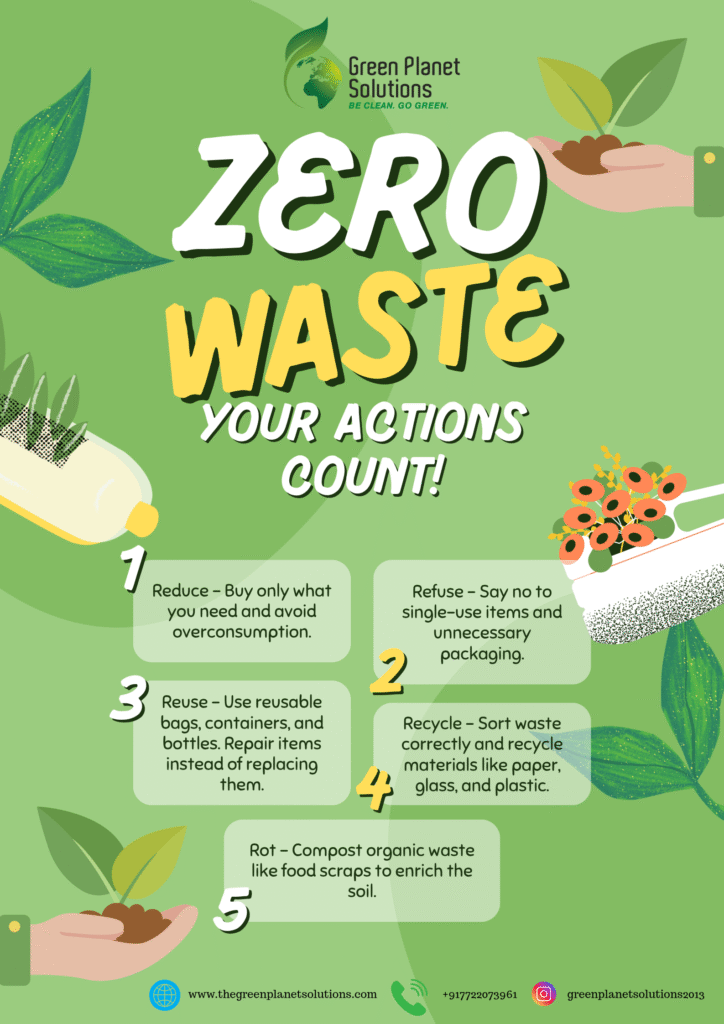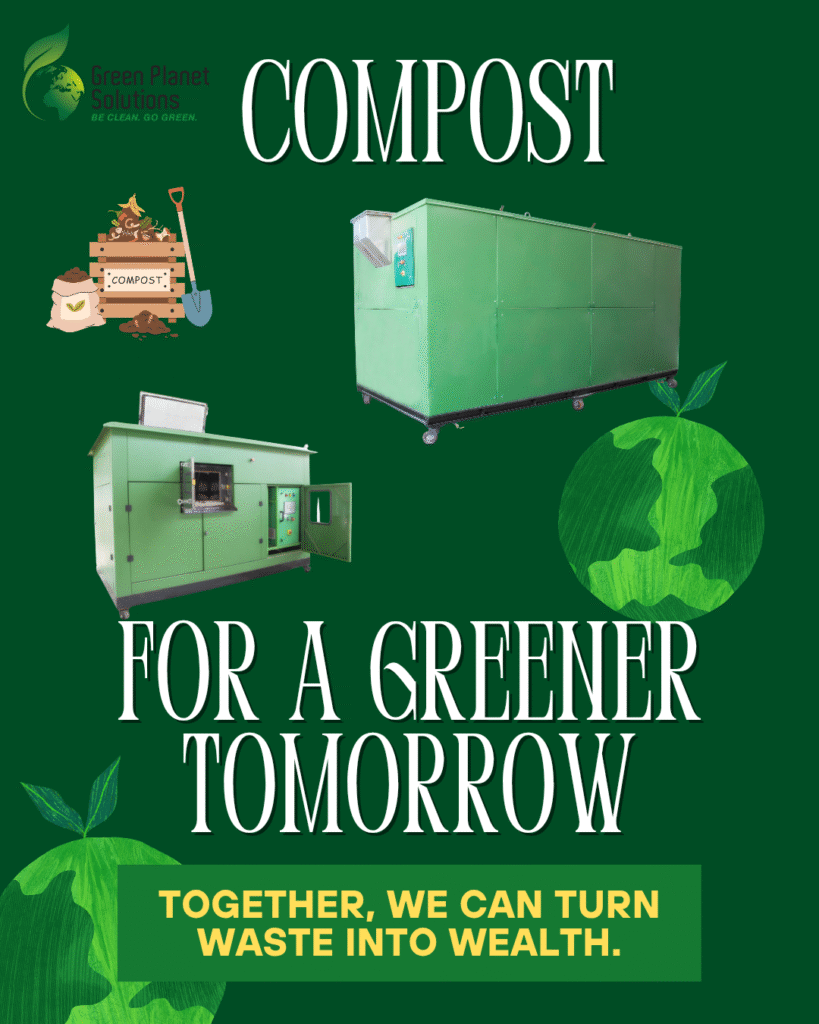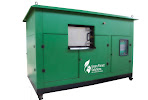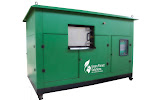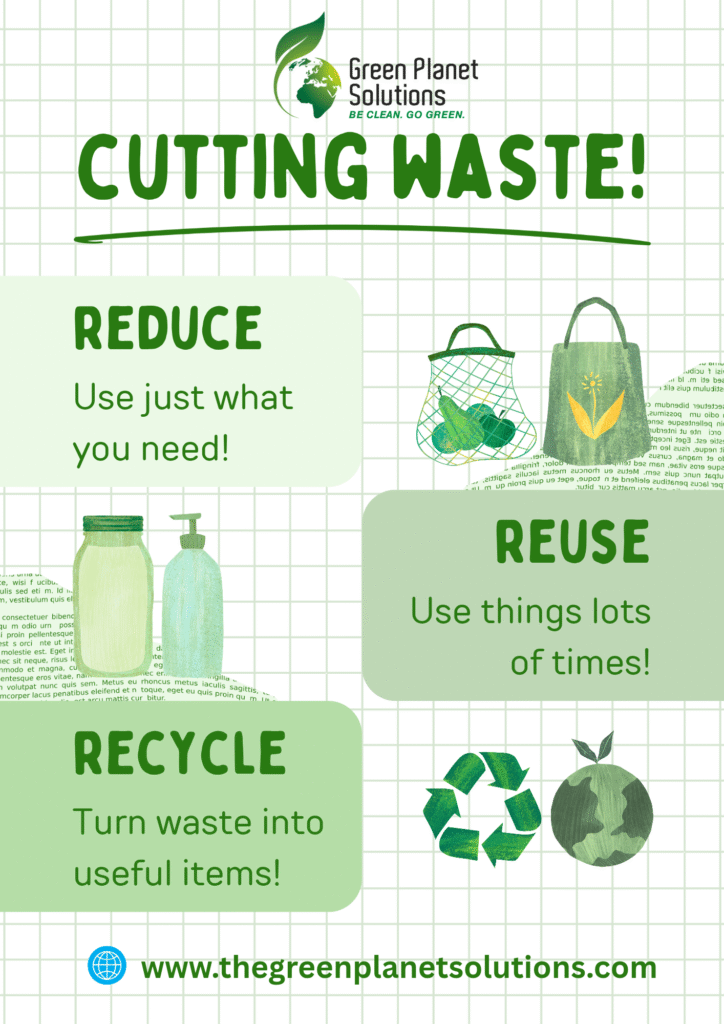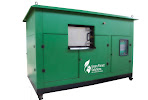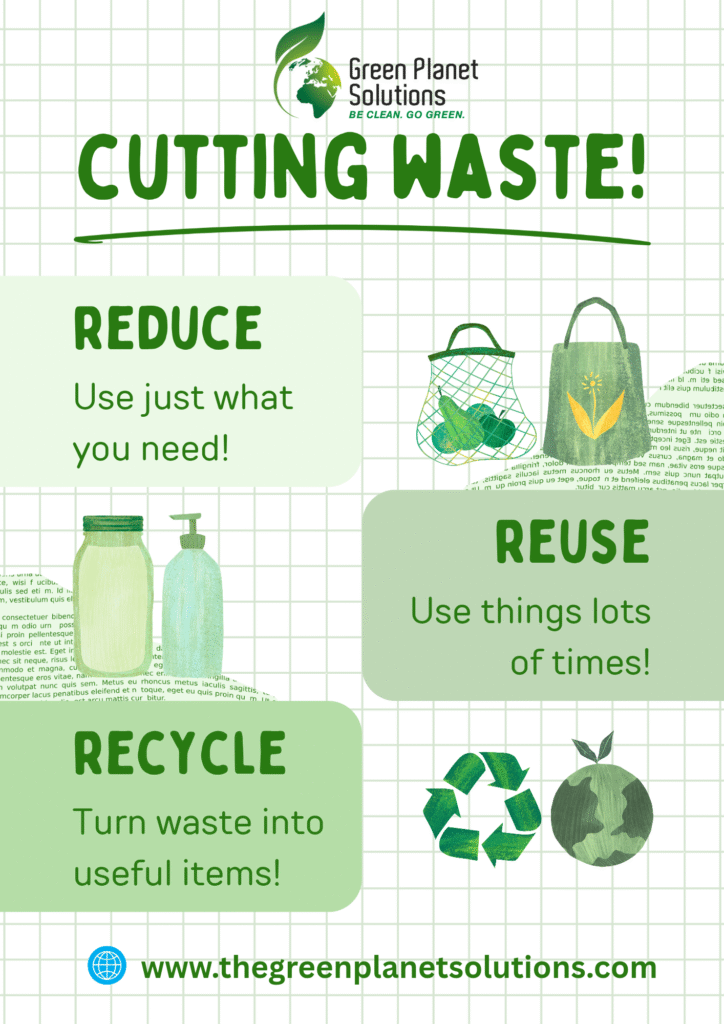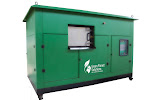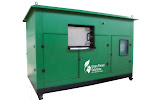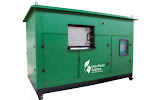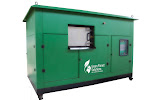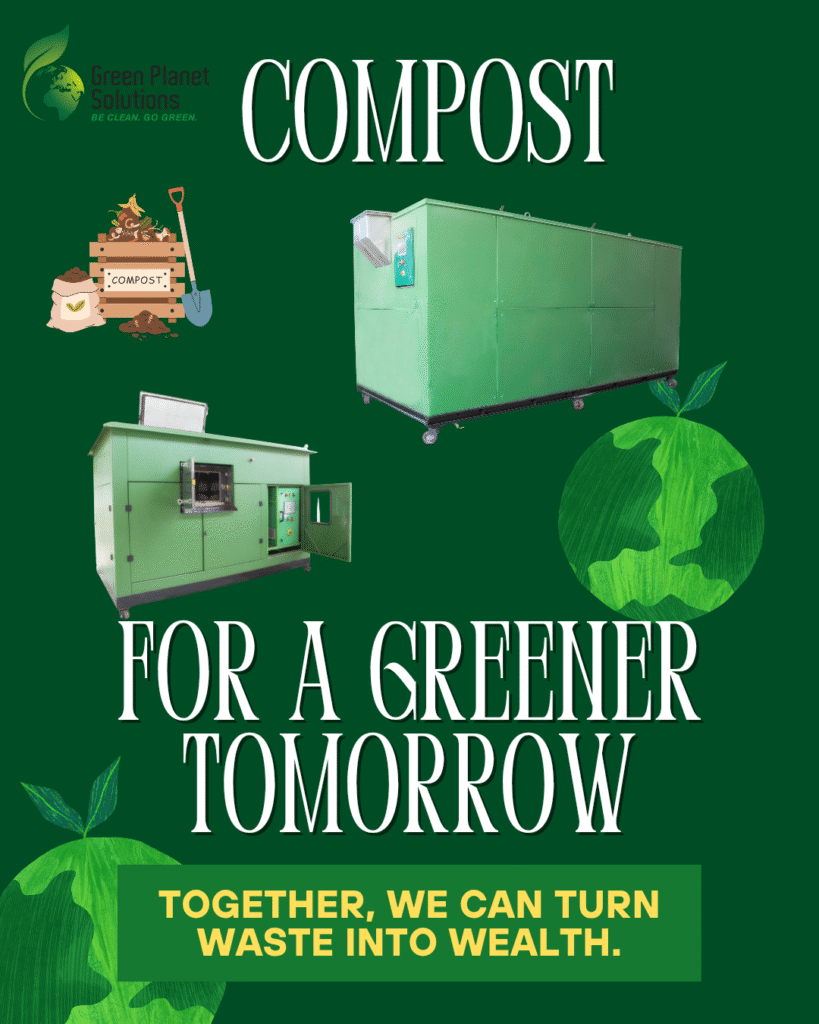ENQUIRE NOW FOR BEST COMPOSTING MACHINES IN INDIA – https://share.hsforms.com/1d12AT_oJScm8iiXbjSrEIwrh2r7
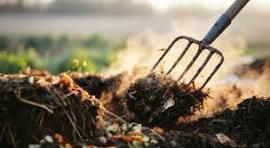
Introduction: The Hidden Cost of Food Waste in Germany’s Hospitality Sector
Germany’s hospitality industry is thriving — from the vibrant cafés of Berlin to the luxury resorts of Bavaria. Yet, behind this success lies a growing challenge: food waste.
According to environmental studies, Germany generates over 12 million tons of food waste every year, and a large share comes from hotels, restaurants, and catering services (HORECA). The financial and environmental cost of this waste is staggering — rising disposal fees, higher carbon taxes, and stricter EU compliance laws.
But here’s the good news — forward-thinking hospitality brands are cutting costs and improving their sustainability image with on-site composting solutions.
And this is where Green Planet Solutions Pune steps in — empowering German hotels and restaurants to turn waste into value
.ENQUIRE NOW FOR BEST COMPOSTING MACHINES IN INDIA – https://share.hsforms.com/1d12AT_oJScm8iiXbjSrEIwrh2r7
💸 The Real Cost of Waste Disposal in Hospitality
For most hotels and restaurants, waste disposal feels like a fixed cost — but in 2025, that’s changing.
Here’s why:
- Disposal fees in German cities have risen by 15–25% over the last three years.
- Strict bio-waste segregation regulations under the EU Waste Framework Directive require proper treatment — not landfill dumping.
- Non-compliance fines for improper waste handling can reach thousands of euros annually.
This means waste isn’t just an environmental issue — it’s a bottom-line problem.
Composting, however, transforms this cost center into a savings engine.
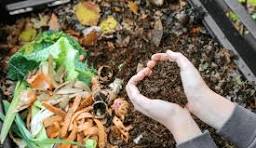
♻️ Composting: The Smartest Way to Cut Waste Costs
Composting is more than a green initiative — it’s a profitable sustainability strategy.
By processing organic waste on-site, hotels and restaurants can:
- Eliminate waste transport and disposal fees
On-site composting reduces dependence on external collection services. - Convert waste into nutrient-rich compost
Perfect for landscaping, gardens, or local distribution. - Meet Germany’s Bioabfall & Circular Economy goals
Ensure regulatory compliance and improve ESG performance. - Enhance sustainability branding
Guests increasingly prefer eco-certified hotels and restaurants. - Qualify for green certifications like EU Ecolabel and Green Key.
This makes composting not only an eco-smart move but a financially strategic one.
ENQUIRE NOW FOR BEST COMPOSTING MACHINES IN INDIA – https://share.hsforms.com/1d12AT_oJScm8iiXbjSrEIwrh2r7
⚙️ How Green Planet Solutions Pune’s Composting Machines Empower German Hospitality
At Green Planet Solutions Pune, we design state-of-the-art composting machines tailored for the European hospitality industry.
Our machines are:
- 🌿 Fully automatic & odor-free — ideal for indoor or rooftop installations.
- 🧠 IoT-enabled — track waste reduction and compost output in real time.
- 🔋 Low energy consumption — optimized for sustainability and cost efficiency.
- 🚫 No harmful emissions — compliant with Germany’s Bioabfall standards.
Perfect for:
- Hotels & Resorts 🏨
Manage buffet leftovers, vegetable peels, and kitchen scraps on-site. - Restaurants & Cafés 🍽️
Compact composters for daily kitchen waste with zero odor. - Corporate Canteens & Catering Services 🏢
Large-capacity composting units with automatic waste processing.
Each system is built to reduce waste management costs by up to 60% within the first year.
🌱 The Financial Advantage: Save More Than You Spend
Let’s break down the real economic impact:
| Category | Without Composting | With On-Site Composting |
|---|---|---|
| Waste Collection Fees | €400–€800/month | €0–€100/month |
| Carbon Tax & Disposal Fines | €100–€300/month | €0 |
| Compost for Landscaping | Purchased externally | Generated free of cost |
| Sustainability Certification ROI | Minimal | 15–25% increase in brand value |
💰 Average annual savings: €3,000 – €8,000 per establishment
🌎 Environmental gain: Up to 20 tons of CO₂ equivalent saved per year
It’s a win-win — for the planet and profit.
🏆 Sustainability Is the New Luxury in German Hospitality
Travelers in 2025 aren’t just booking rooms — they’re choosing values.
A Booking.com survey revealed that over 70% of travelers prefer eco-friendly accommodations, even if they cost more.
Hotels like Scandic Berlin Potsdamer Platz and Bio-Hotel Sturm have already integrated composting into their sustainability programs, earning higher guest trust, better reviews, and stronger brand loyalty.
By adopting composting systems, your property becomes part of Germany’s circular hospitality movement, aligning perfectly with the Zero Waste 2030 vision.
🌟 Why Choose Green Planet Solutions Pune
We aren’t just machine manufacturers — we’re partners in sustainability transformation.
Our systems are built with:
- European Waste Management Standards (BioAbfV compliance)
- Custom capacity ranges (25 kg to 2000 kg/day)
- Zero-odor microbial composting technology
- Real-time performance analytics for waste tracking
- Plug & play design — minimal space, no special setup required
✅ Trusted by international clients in India, UAE, Qatar & expanding into Europe
✅ Comprehensive service support — installation, training & maintenance
✅ Custom ROI-based composting proposals for hotels, restaurants & corporates
💬 Call to Action: Turn Your Hotel’s Waste Into a Sustainable Asset
Germany’s hospitality industry is evolving — and sustainability is now profitability.
By adopting on-site composting, your hotel or restaurant can save money, boost its brand, and contribute to a cleaner, circular Germany.
💚 Let Green Planet Solutions Pune help you build a zero-waste kitchen and a sustainable business future.
📞 Contact us today for a free consultation and a custom composting plan tailored to your establishment’s waste profile.
Primary Keywords (High Volume & Ranking Potential – Germany):
- composting machine germany
- hotel waste management germany
- restaurant food waste solutions
- bio waste composting germany
- organic waste disposal cost reduction
- zero waste hotels germany
- circular economy hospitality germany
Secondary/Long-Tail Keywords:
- on-site composting systems for hotels
- eco-friendly waste solution germany
- sustainable kitchen management
- best composting machine for restaurants
Power Words:
Revolutionize, Transform, Profit, Sustainable, Eco-smart, Breakthrough, Impact, Green Leadership, Future-proof, Empower
Emotional Words:
Responsible, Conscious, Inspiring, Eco-hero, Legacy, Regenerative, Caring, Forward-thinking
Uncommon Words:
Circular hospitality, Bioabfall, regenerative waste loop, eco-engineered technology, carbon-neutral kitchens
#CompostingGermany #GreenPlanetSolutions #ZeroWasteHospitality #SustainableHotels #EcoFriendlyRestaurants #CircularEconomyGermany #WasteToCompost #SmartComposting #HospitalitySustainability #ClimateAction #BioAbfall #GreenFutureGermany #SustainabilityInHospitality #WasteReduction #GreenPlanetPune

– https://www.thegreenplanetsolutions.com/
 – +917722073961
– +917722073961
Instagram – https://www.instagram.com/greenplanetolutions2013?igsh=MTQ5MWxpeng5dmtvaA==
Facebook – https://www.facebook.com/share/19Eim5u2Ep/
Linkdein – https://www.linkedin.com/company/green-planet-solutions/
Threads – https://www.threads.net/@greenplanetolutions2013
YouTube – https://youtube.com/@greenplanetsolutions2013?si=0gkKEahaaB5z6csm
